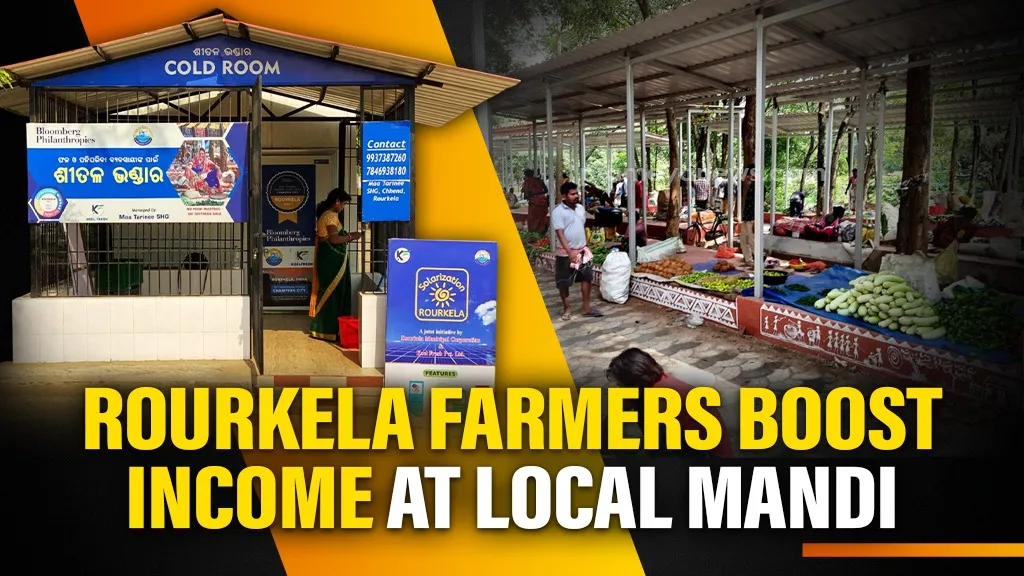

The current cold storage infrastructure in India is ill-suited for the vast majority of its agriculturalists. Approximately 86 percent of the nation's farmers are small and marginal operators who are effectively locked out of the system. An estimated 90-95 percent of existing cold chain facilities are privately owned, with operating costs that are nearly double those in Western countries, making them unaffordable for most.
Publicly funded alternatives often suffer from outdated technology and poor connectivity, rendering them ineffective. This lack of accessible and affordable cold storage creates a race against time for farmers, who must often sell their perishable goods at throwaway prices to avoid total loss. This systemic failure not only devastates farmer incomes but also fuels a tragic paradox India has a chronic food surplus, yet it ranks 105th out of 127 nations on the Global Hunger Index, with millions remaining undernourished.
To address this challenge, a new model is gaining traction a decentralized network of small-scale, solar-powered cold rooms. These units, typically between 5 and 30 metric tonnes in capacity, are designed to operate as micro-hubs within local communities. They provide farmers and farmer producer organizations (FPOs) with direct, affordable access to storage, breaking the cycle of distress selling.
By giving farmers the ability to store their produce safely, these cold rooms empower them to time their sales to fetch the best possible market prices. This not only cushions their income from volatile price fluctuations but also stabilizes the local food supply, which can help ease food inflation for consumers. Furthermore, by preserving freshness and nutrients, these facilities ensure that healthier, more nutritious produce reaches local households.
The viability of this model is not theoretical; it has been demonstrated in successful pilot projects across India. In Bihar, a program supported by the UNDP and the Government of Japan has seen 15 solar-powered units empower 5,000 women farmers, who have stored over 300 tonnes of produce and prevented nearly $25,000 (approximately ₹20.9 lakh) in spoilage.
An even more compelling case comes from Rourkela, Odisha, where a project supported by Bloomberg Philanthropies helped local women's self-help groups install 5-tonne solar cold rooms. In its first year, the initiative cut food waste by 31 percent, while the average income for participating farmers climbed by an impressive 26 percent. These cold rooms are not just refrigerated boxes; they are the cornerstones of a more resilient and equitable food system, proving how small-scale infrastructure can rewrite the fortunes of the Indian farmer.